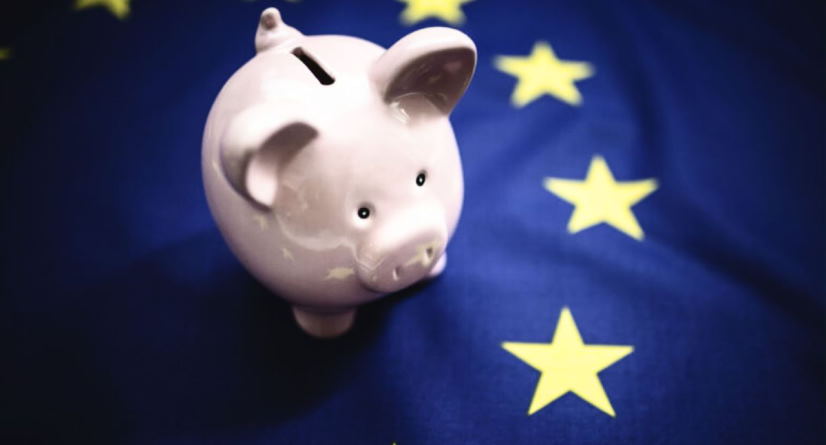December 02, 2022
The Science of EU Budgeting: Understanding the Complexities of EU Spending

The European Union has a lot of rules and regulations when it comes to budgeting. For the most part, these rules are designed to ensure that member states do not overspend and get into debt. However, some people have criticized these rules, saying they are too restrictive and prevent governments from investing in vital public services. What do you think? Are the EU’s budget rules a good thing or a bad thing? Let us know in the comments below!
The EU budget: keeping Europe financially flourishing
The euro is the pluralist currency of the European Union, used by 19 of its 27 member states. The EU budget is denominated in euros, and all financial transactions within the EU are made in euros. The EU budget supports the functioning of the EU institutions and policies and finances a large part of EU’s external action.
For the 2021-2027 period, the overall ceiling for commitments is set at €1,074.3 billion in current prices. This means that a maximum amount can be contracted over the seven-year period. Actual payments will however be lower as some commitments from previous years may still need to be paid, and not all new commitments will be paid in full during the 2021-2027 period.

The EU budget is financed through a system of own resources collected directly by the EU from Member States. The main own resources are:
- Traditional own resources, consisting of customs duties and sugar levies;
- Value Added Tax (VAT) based own resource;
- Gross national income (GNI) based own resource.
Member States also contribute to the EU budget through so-called ‘corrections.’ These take into account differences in GNI per capita between Member States and thereby ensure that no Member State contributes more or less than its fair share to the overall financing of the EU budget. Finally, the UK rebate is a correction negotiated by then Prime Minister Margaret Thatcher in 1984 and has been applied ever since. It entitles the UK to refund a large part of its annual GNI contribution.
The European Parliament has an important role in shaping the EU budget. It adopts the budget with the Council and can therefore veto or amend proposals put forward by the Commission. In addition, Parliament closely monitors how the money is spent through its powerful Budgetary Control Committee.

Understanding the slew of European union budget rules
The European Union (EU) has a complex system of rules and regulations that businesses need to be aware of when operating in the region.
One of the EU budget’s most important aspects is the “Own Resources Decision.” This document outlines the different types of revenue the EU can collect from member states. It includes things like customs duties, VAT, and GNI-based contributions. The Own Resources Decision also sets out how these revenues will be spent.
The EU budget is also subject to the “Annual Budget Procedure.” This procedure consists of four main steps: presentation of the draft budget by the Commission, discussion and amendment of the budget by the Council, adoption of the budget by the European Parliament, and finally, implementation of the budget by the Commission.
The Commission is responsible for presenting the draft budget to the Council. The Council is made up of representatives from each member state. They discuss and amend the budget before adopting it. The European Parliament also needs to give its approval before the budget can be implemented.
Once the budget is adopted, the Commission is responsible for its implementation. This includes managing and monitoring EU spending and ensuring that member states comply with their financial commitments to the EU.
The EU budget process can be complex, but businesses need to be aware of how it works. By understanding the different steps involved, you can be sure that your business is compliant with all the necessary rules and regulations.








